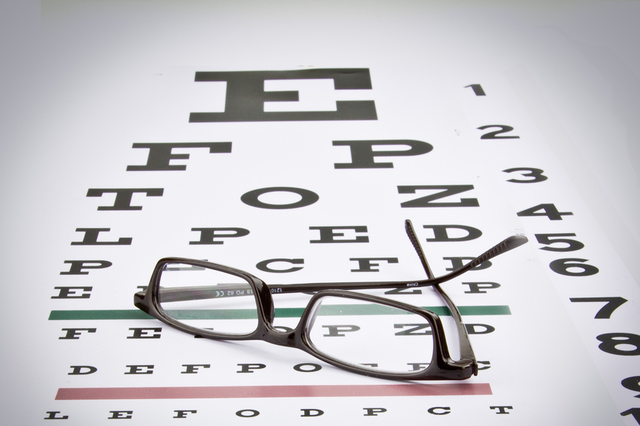
Brake wants the Government to act to reduce accidents caused by drivers with poor vision

Brake wants the Government to act to reduce accidents caused by drivers with poor vision
A new campaign by road safety charity Brake is calling on all motorists to ensure their eyesight is up to the legal standard, after a survey revealed that a quarter of drivers haven’t been to the opticians in the last 2 years.
The campaign, announced today and in conjunction with the DVLA, the insurer RSA and Specsavers, comes after estimates revealed that there are 2,900 casualties a year caused by drivers who fail to ensure their eyesight is good enough to drive.
The survey revealed that over a quarter of drivers (26%) hadn’t been to their opticians in the last 2 years, potentially putting themselves and other road users at risk. Even more worryingly, 9% had not been for five years and 3% had never been. That’s the equivalent of over 1 million drivers who have never had their eyesight checked!
The survey also revealed that, of the drivers who are prescribed glasses or contact lenses, 9% don’t always wear them when driving.
Julie Townsend, deputy chief executive of the road safety charity Brake, commented: “Being a driver is a huge responsibility, and means you need to look after your own health and fitness to drive, as well as making sure your vehicle is roadworthy.”
“If your vision isn’t up to scratch, you are posing an enormous risk on roads, as being able to see properly is fundamental to being a good driver. Your eyesight can deteriorate rapidly without you noticing, and at the wheel that can be lethal. That’s why it is so important to get tested every two years and always wear glasses or lenses if you need them when driving.”
At the moment, drivers do not have to prove their vision is up to scratch. Instead, the DVLA is reliant on motorists informing them of any issues and, unlike drunk driving, there is currently no routine testing in place by the police after an accident. Even if there were, basic tests at the roadside would not pick defects in visual fields.
Brake hopes that their new campaign will combat this, by calling on the Government to introduce new legislation requiring drivers to provide a proof of a visit to an optician when they apply for a provisional license and every renewal after that.
While we can’t make your eyesight any better, we do sell cars with Sat Nav to help you find your way.